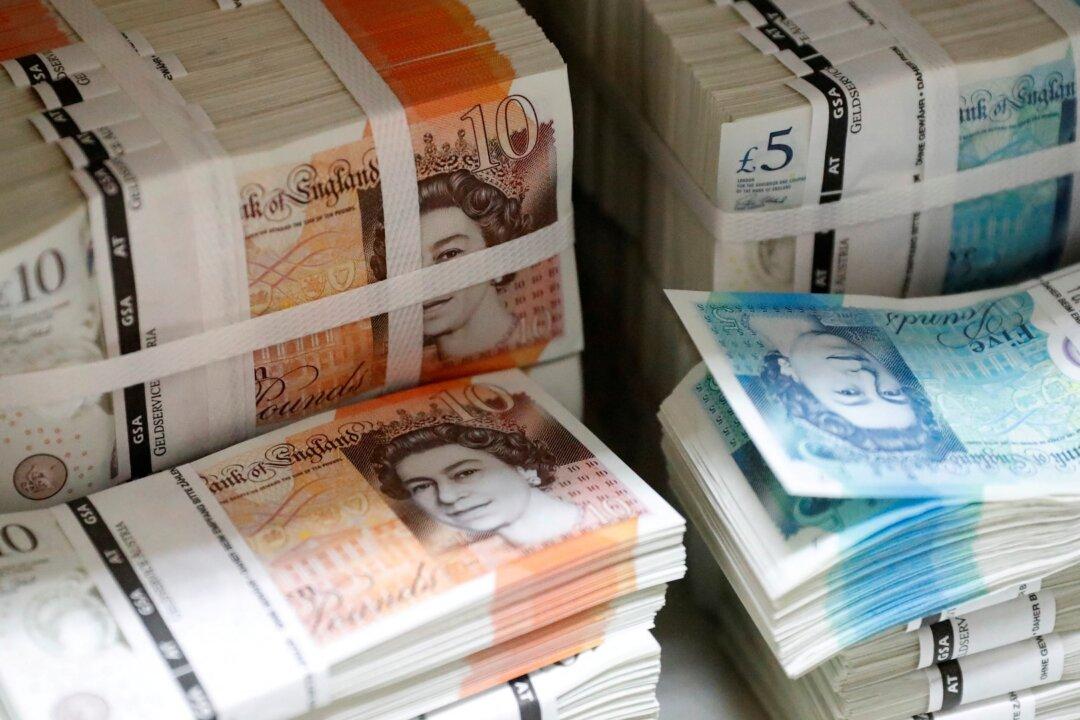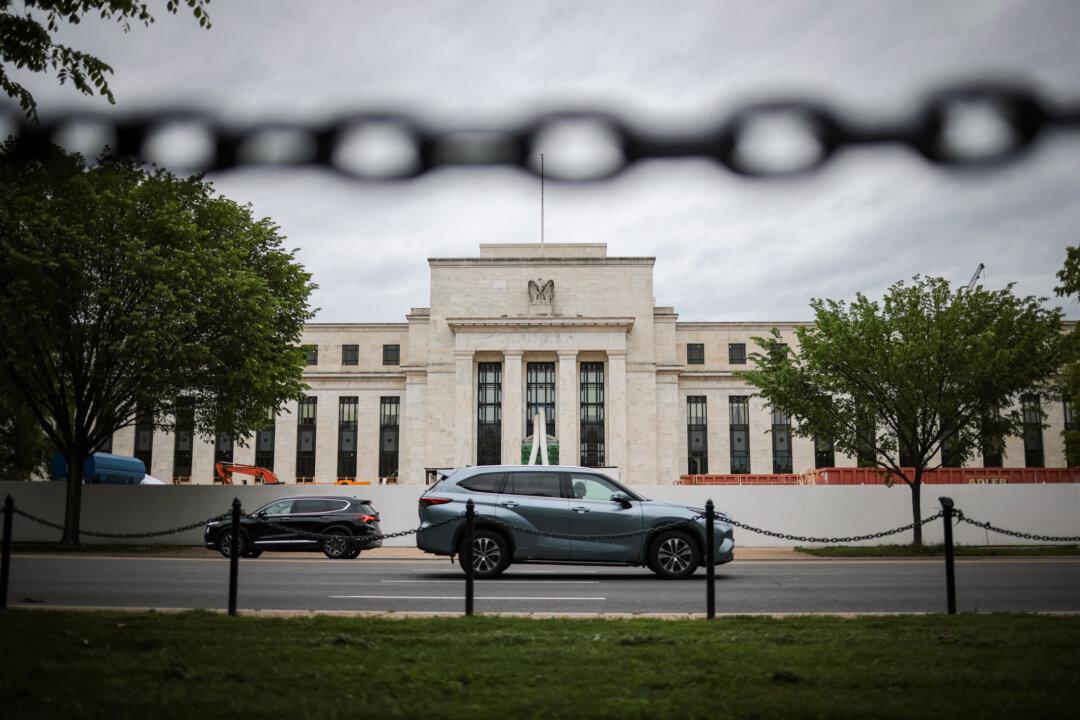Commentary
The slump of the Pound Sterling last week was said to be a reaction to the UK’s new Prime Minister Liz Truss’ tax cut proposal. An exchange rate represents the purchasing power of money. An excess of it results in depreciation. A government planning to finance its budget deficits by printing money will be bound to devalue a currency. This is the story behind the Sterling crisis. Simple as it appears, however, there are technicalities in operationalizing such a hypothesis. Moreover, there are also other factors beyond the fiscal sector that affects the exchange rate.





